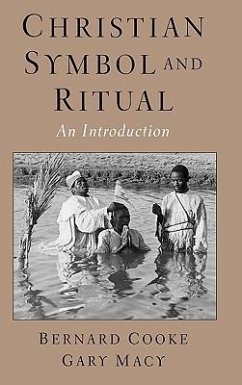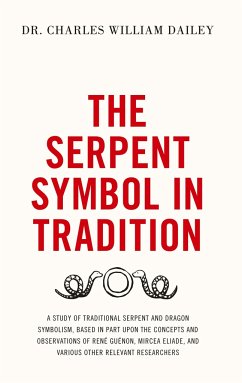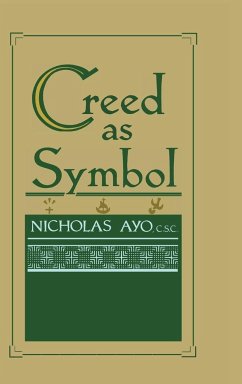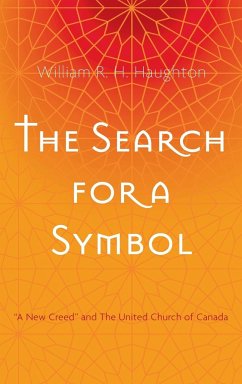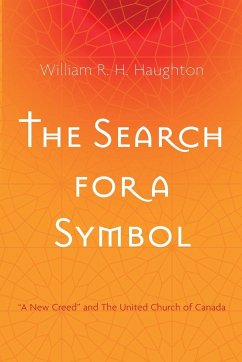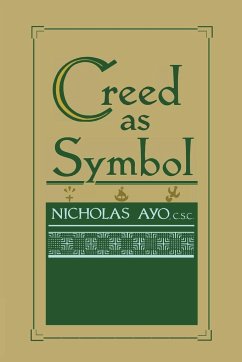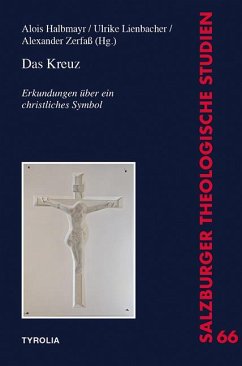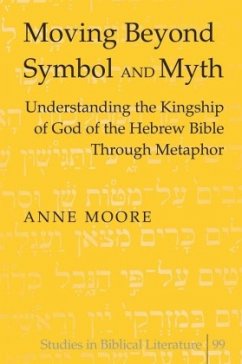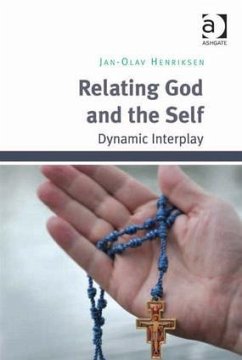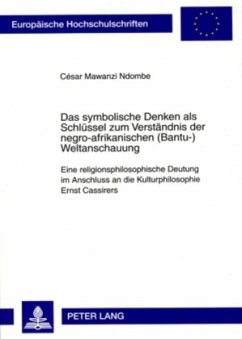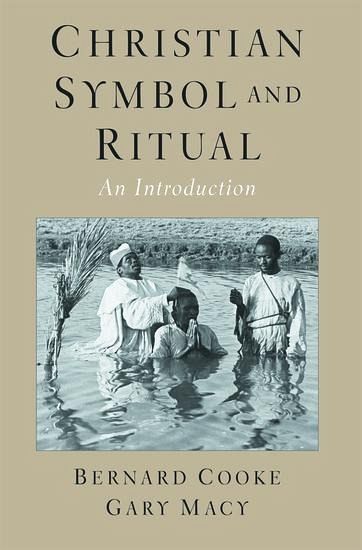
Christian Symbol and Ritual
An Introduction
Versandkostenfrei!
Versandfertig in 1-2 Wochen
44,99 €
inkl. MwSt.
Weitere Ausgaben:

PAYBACK Punkte
22 °P sammeln!
Their lively yet solidly grounded work will appeal to intelligent lay readers and discussion groups, as well as being useful for courses in ritual and the sacraments at the undergraduate and seminary level.
In Christian Symbol and Ritual, Bernard Cooke and Gary Macy offer an accessible and engaging introduction to the topic written from a non-denominational perspective. Cooke and Macy demonstrate that celebration, ritual, and symbol are already central to our lives, even though most do not see their actions as symbolic or ritualistic. They connect central Christian symbols to the symbols and rituals already present in everyday life and place Christian theology in a familiar context. After discussing the characteristics and functions of rituals, they explore different kinds of ritual, including those of friendship, worship, and healing. The authors also examine such questions as how rituals establish and maintain power relationships, how "official" rituals are different from "popular" Christian rituals and devotions, and how Christian rituals function in the process of human salvation. Christian Symbol and Ritual is an invaluable resource for students, teachers, and lay readers.





